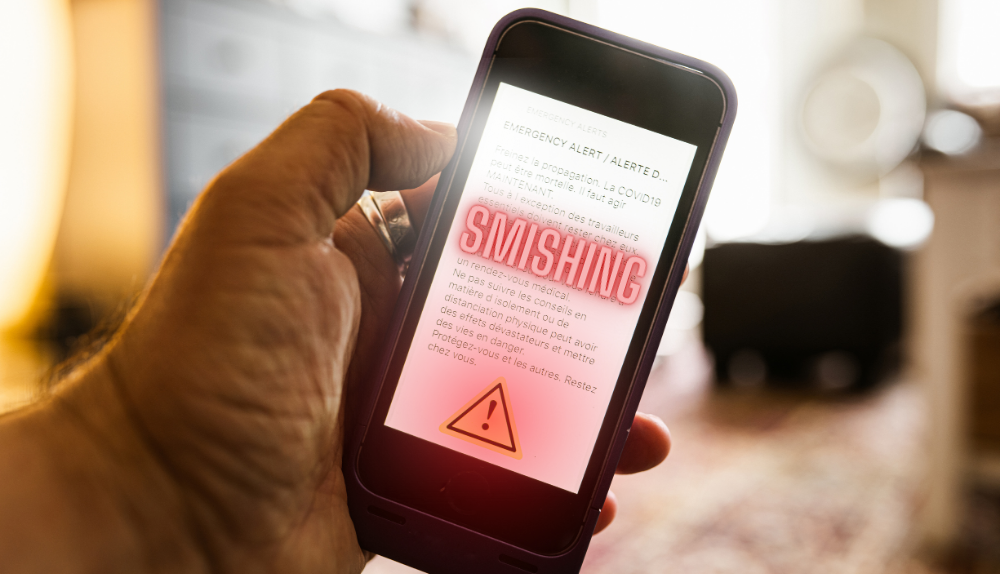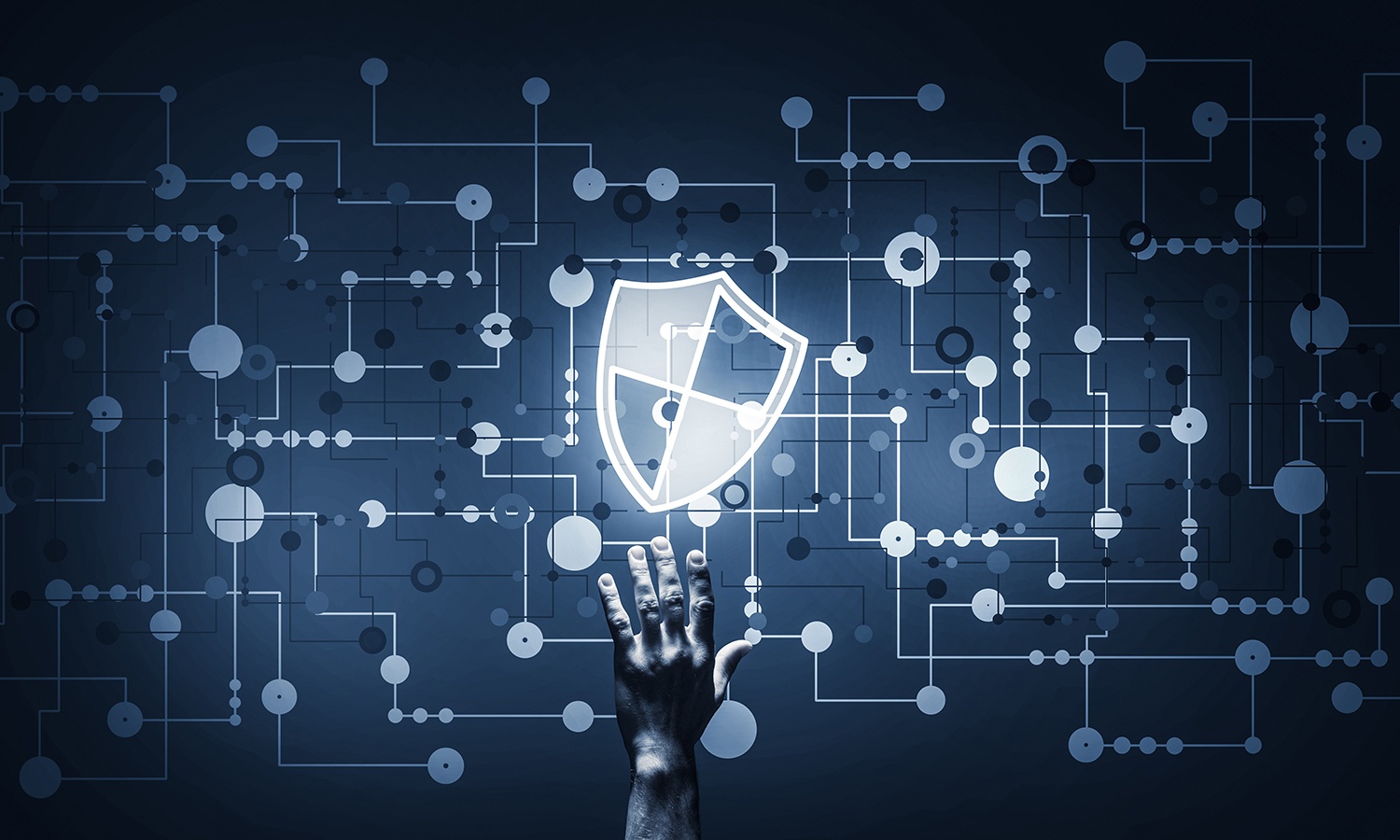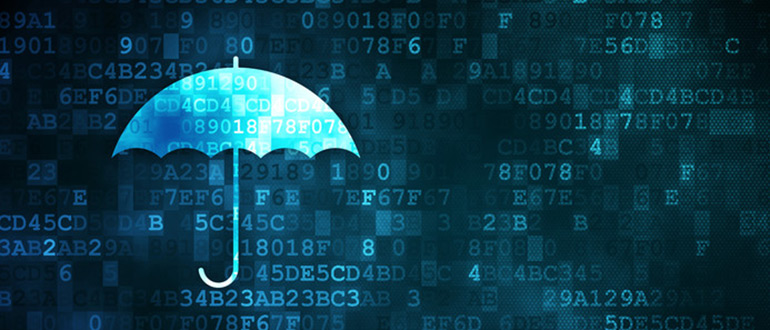Fortifying Your Digital Fortress: A Guide to Cybersecurity Awareness
Cybersecurity is more critical than ever in a world where technology permeates every aspect of our lives. The importance of online safety cannot be...
2 min read
.jpeg) Michael Markulec
:
Nov 27, 2023 10:47:53 AM
Michael Markulec
:
Nov 27, 2023 10:47:53 AM

Cybercriminals use smishing, a fraudulent tactic that uses SMS or messaging apps, as a powerful tool that endangers individuals and enterprises. Unlike traditional phishing tactics via email or phone calls, smishing lures victims through text messages, exploiting the medium's inherent vulnerabilities and human behavior. The allure of smishing for scammers lies in its effectiveness. Studies reveal that people are more prone to click links within text messages than emails. With click-through rates soaring between 8.9 to 14.5 percent for SMS, a stark contrast to emails' mere 1.33 percent, smishing offers a higher success rate for attackers. Moreover, scammers adeptly conceal the origins of these messages, employing techniques like spoofing phone numbers or using software to send texts via email. On mobile devices, it's challenging to identify malicious links as users lack the ability to hover over URLs for verification, a capability available on computers. Familiarity with receiving shortened URLs in legitimate SMS further blurs the line between genuine and fraudulent messages.
Despite measures like STIR/SHAKEN protocol implementation by telecom companies to authenticate phone calls, the efficacy of spotting scam texts remains limited. Consequently, scammers have shifted focus to smishing, exploiting the inherent trust in SMS communications. The versatility of smishing scams is alarming, exploiting various guises to manipulate emotions and coerce victims into divulging sensitive information. Impersonating financial institutions, government agencies, customer support, shipping companies, or even colleagues, scammers deceive individuals into clicking malicious links or divulging confidential data. Whether it's directing victims to counterfeit banking websites, offering government benefits, posing as customer support to extract financial information, or fabricating shipping issues, these scams exploit trust and urgency to elicit compliance. Furthermore, the long-term tactics of pretending to text the wrong number to build rapport or leveraging multifactor authentication fraud exemplify scammers' lengths to establish credibility before executing their fraudulent schemes.
The imminent threat of smishing calls for proactive measures. While mobile operating systems offer some built-in protections, employing comprehensive mobile cybersecurity solutions and unified endpoint management at an organizational level is crucial. Additionally, cultivating awareness through cybersecurity training, educating individuals on identifying red flags, and establishing protocols for handling sensitive information can mitigate risks. Looking ahead, the landscape of smishing may evolve, potentially integrating with other communication channels like email or phone calls, amplifying its impact. As the FCC considers measures to block spam texts, collective efforts in bolstering security measures and enhancing user vigilance remain pivotal defenses against these insidious cyber threats. In a time where digital interactions are commonplace, awareness and education are powerful defenses against the impending dangers of smishing. Through concerted efforts and a heightened understanding of these tactics, individuals and organizations can fortify their defenses and thwart the nefarious intentions of cyber criminals.

Cybersecurity is more critical than ever in a world where technology permeates every aspect of our lives. The importance of online safety cannot be...

Cyber insurance is a rapidly growing trend in the insurance industry, as more and more businesses and individuals become aware of the potential risks...
.png)
In today's digital age, small businesses are increasingly becoming prime targets for cybercriminals, making robust cybersecurity measures more...